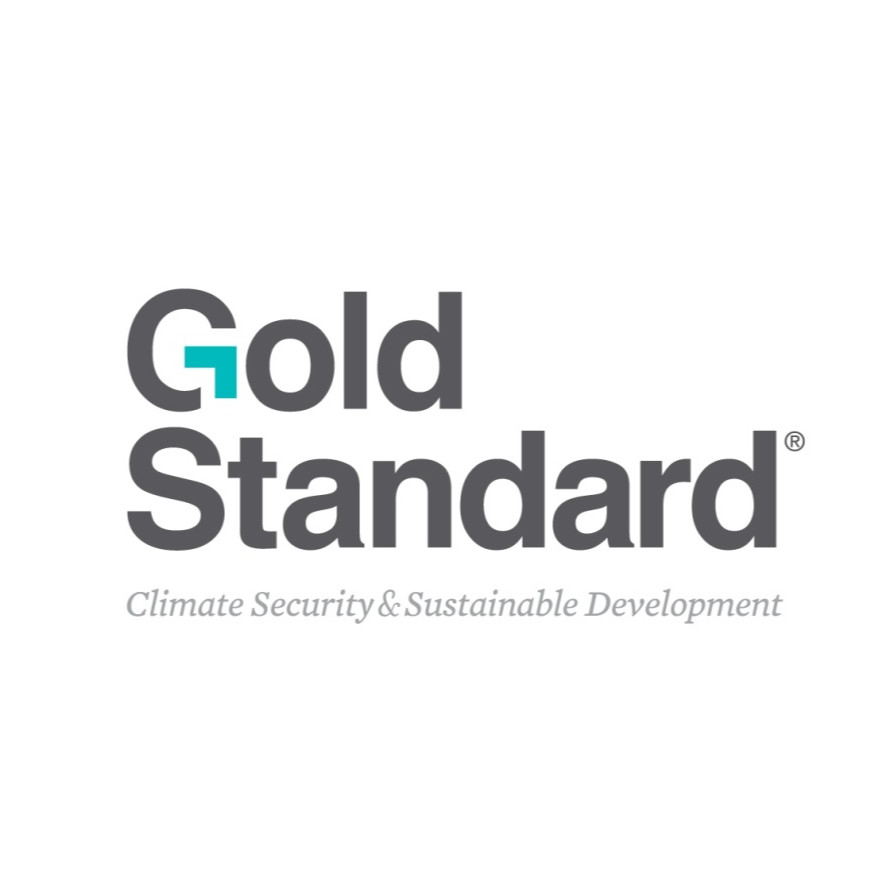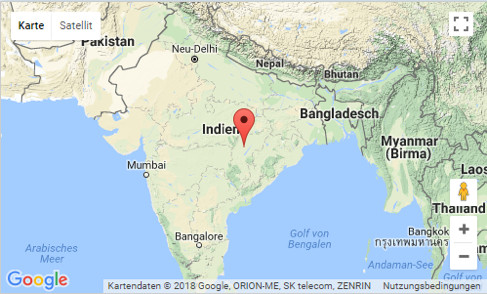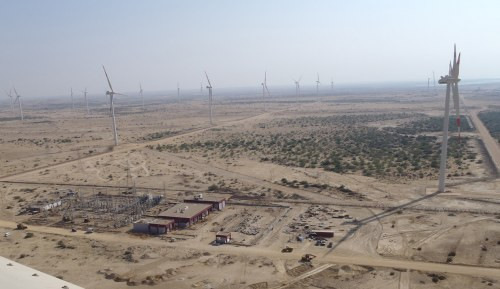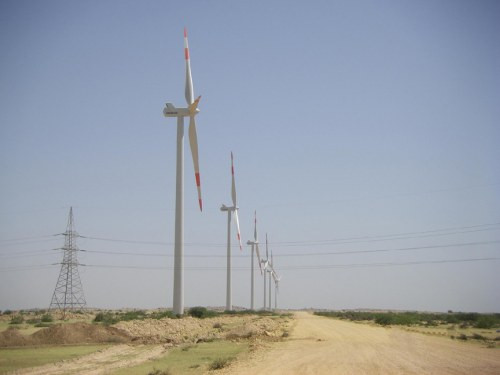ARTUS interactive GmbH supports the following UN goals for sustainable development:
CARBON NEUTRAL COMPANY
ARTUS interactive GmbH

Participant ID: DE-2018-0420
Valid until: 23.06.2024
This certificate guarantees that the reported quantity of 25 tons CO2 has been calculated according to Greenhouse Gas Protocol Standard, scopes 1, 2 and 3. The resulting emissions have been saved in Gold Standard and VCS tested climate projects.
ARTUS interactive GmbH has acquired shares (certificates) in climate protection projects corresponding to the calculated volume of CO2 and therefore plays a transparent part in the realisation of the projects. This ensures that the company compensates for its own CO2 emissions, and thus scales back the rise in global warming.
The projects have been certified, and the issue and closure of the certificates is registered transparently.
ARTUS interactive GmbH is therefore a voluntary participant in emissions trading, and thus makes a contribution to maintaining a viable environment by reducing the emissions of greenhouse gases. The holder of this certificate makes a sustainable contribution to the commitment to tackle global warming.
Dipl.-Ing. Frank Huschka
ARTUS interactive GmbH supporting climate protection projects:
Biomass Power Project 20MW at Godawari Power and Ispat Limited

India
In the project activity, biomass shall be combusted in the boiler for producing high pressure steam to generate 20MW electricity. The total annual generation of electricity from the project activity will be 126.72 GWh. The rice husk will be collected from a radius of 50km from projectsite. The project has obtained the requisite clearances and is commissioned on 01 November 2010.
Government of India has stipulated the following indicators for the sustainable development in the interim approval guidelines for Gold Standard projects.
economic value to the produce of farmers by procuring rice husk from the rice mills. This will definitely help the
millers to pay better price to the farmers for their paddy crop.
Since the biomass resources are to be collected and transported to the plant site from the fields, opportunities are being generated for the rural people to collect and transport the biomass residues. The rice husk transportation to site will provide employment opportunities to a number of trucks and other similar vehicles will be making trips to project site throughout the year. This will increase the transport related income and employment. The above benefits due to the project activity ensure that the project would contribute to social and economic wellbeing in the region.
otherwise is left un-utilised (left to decay or burnt). Thus it aids in the resource utilization and avoids pollution due to burning / dumping of biomass in nearby areas. Further, project activity replaces part of power generated in the grid using predominantly fossil fuels such as coal, lignite and gas. The project would not result in increase of GHG emissions and cause no negative impact on the environment.
Technological wellbeing: Successful implementation of this project would encourage other promoters to adopt
similar technology in the relevant sector and hence the project leads to technological wellbeing.
Category Standard
Carbon | Gold Standard 3547
Zorlu Enerji Wind project

Pakistan
Economic development: Pakistan is currently facing acute energy supply bottlenecks. The project activity is expected to generate an estimated amount of 159,010 MWh per year and will therefore contribute to a reduction in the number of black-outs and brown-outs experienced by other Pakistani grid users. This can help to improve the economic performance of other businesses connected to the grid and supports economic growth in Pakistan.
Social development: The project will offer job opportunities for local people during the construction phase and the operational period, thus creating income opportunities and contributing to a higher living standard in the region.
Environmental development: By avoiding air pollution from fossil-fuel power plants and reducing greenhouse gas emissions significantly, the project has positive effects for the local environment and improves Pakistan’s climate balance.
Technological development: The project activity is the first of its kind in Pakistan. By adopting foreign manufacturer wind turbines, the project initiates an important transfer of technical know-how to Pakistan, and can act as a pioneer in promoting the spread of this technology to other wind power projects in this country.
Category Standard
Carbon | Gold Standard 3946





